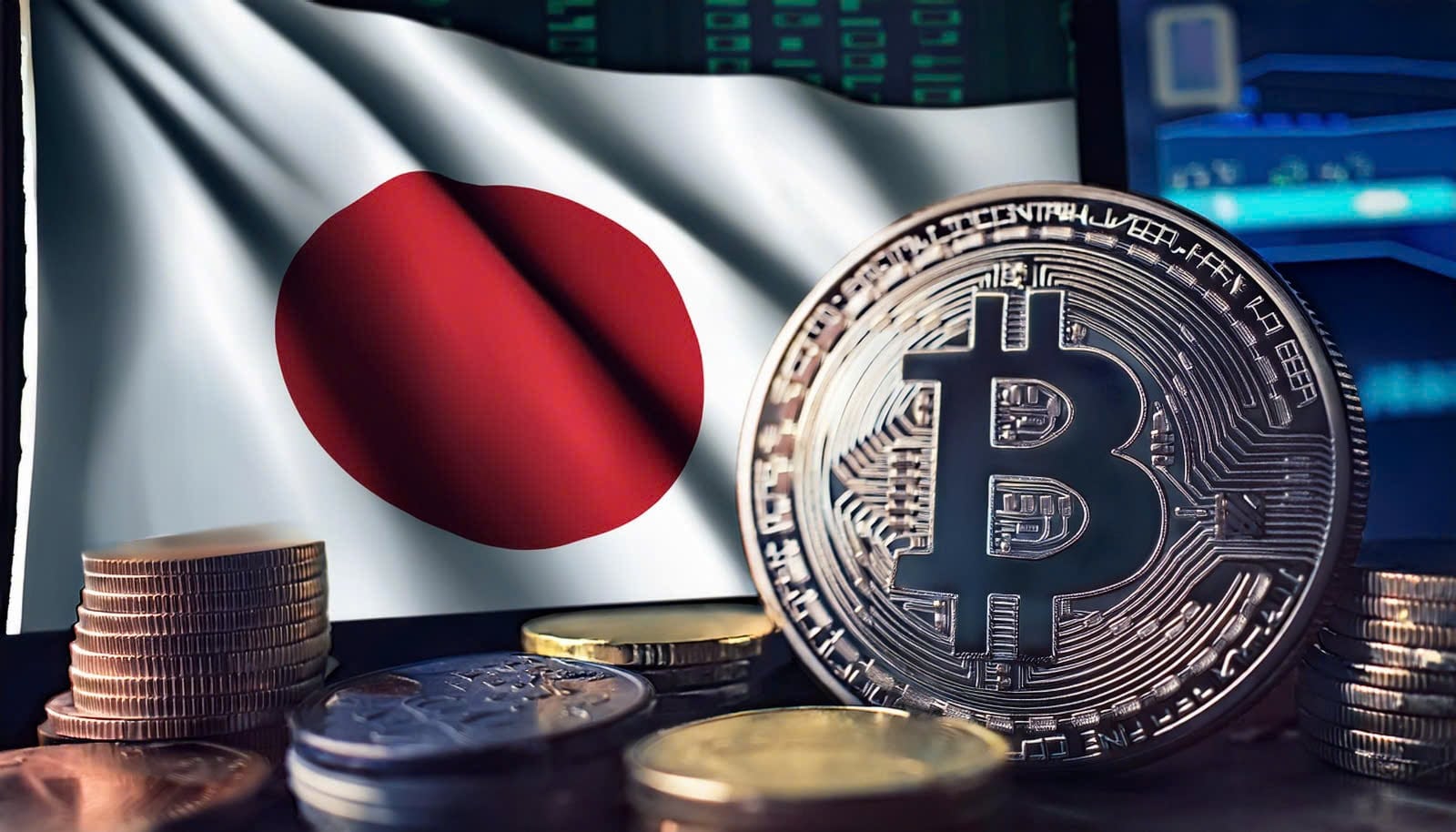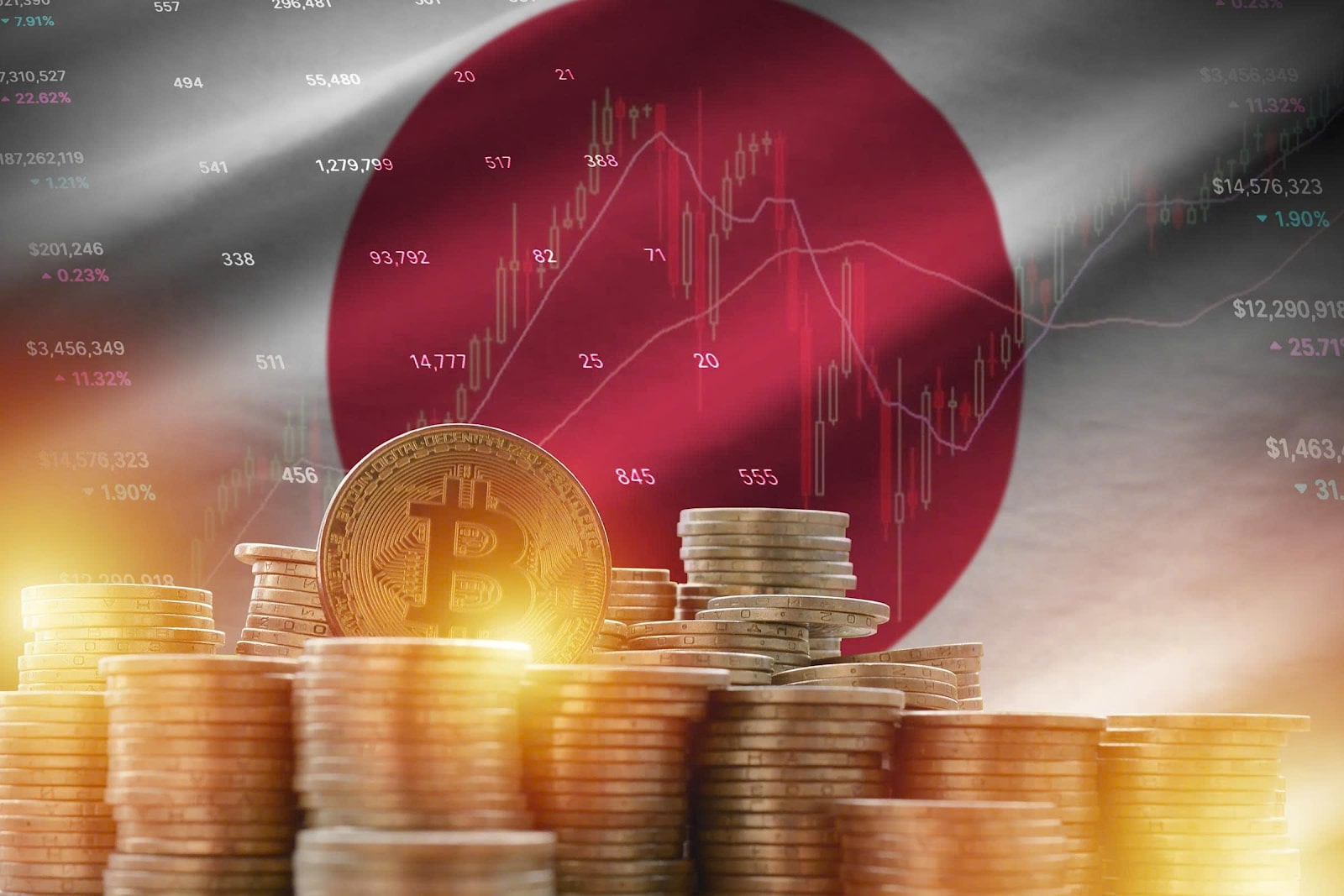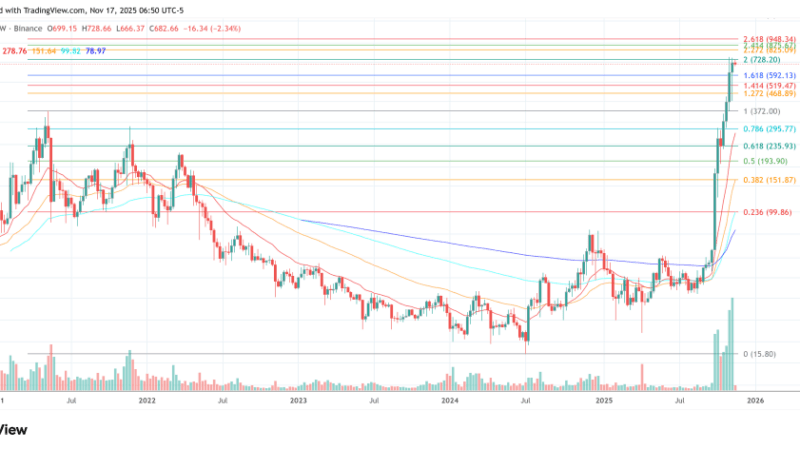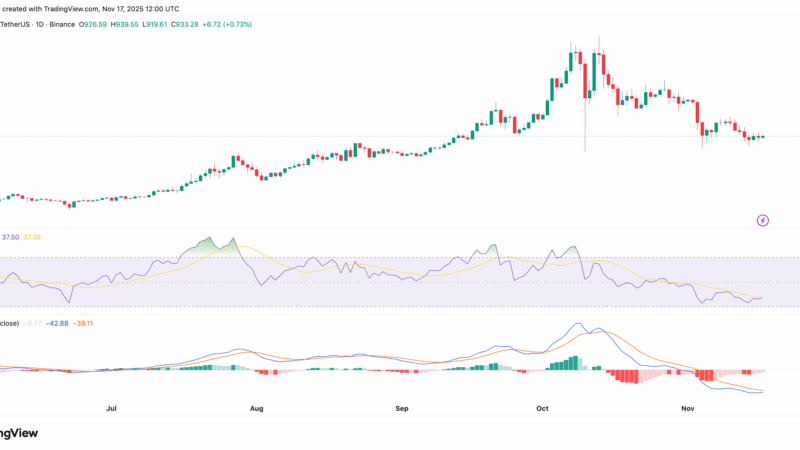Japan Moves to Reclassify Cryptocurrencies and Introduce Major Tax Relief

Key Takeaways :
- Japan plans to treat certain cryptocurrencies as financial products regulated under existing investment laws.
- A proposal would shift crypto profits from a progressive tax system to a flat 20% rate.
- Policymakers aim to modernize the regulatory framework and make digital-asset investment more accessible.
Japan is putting together one of its most significant updates to crypto regulation in years. The government is preparing to reclassify digital assets under financial-instrument rules and lower the tax burden for investors across the country.
Government Prepares a New Classification for Crypto Assets
The Financial Services Agency has been working on a proposal that would bring a selected group of cryptocurrencies under the same legal category as traditional investment products. This shift would place digital assets inside a long-standing regulatory structure that has guided the treatment of stocks, bonds, and derivatives for years.
Officials believe the current rules no longer match how the crypto market operates. Japan was one of the earliest countries to recognize crypto legally, but many of its rules were built around an era when exchanges were smaller and the asset class was still unfamiliar to most investors. Now that crypto trading has become mainstream, regulators argue that the law needs to catch up.
Under the plan, tokens considered broadly used, widely traded, and backed by sufficient transparency standards would be listed as financial products. Once placed in that category, they would fall under disclosure requirements that already apply to companies raising capital. Issuers would need to provide clear explanations about token structure, distribution, and potential risks. Exchanges listing these assets would also face more detailed reporting duties designed to reduce information gaps.
A number of lawmakers have signaled support for this direction. They argue that clearer rules can reduce confusion among retail investors and help institutions feel more comfortable entering the digital-asset market. Even though Japan has maintained a cautious stance over the last decade, it has consistently aimed for a regulatory framework that protects consumers without shutting down innovation.
Read More: Japan to Launch Digital Yen in 2026, Tapping Into $1.3 Trillion in Dormant Deposits

Japan Plans to Reduce Crypto Tax Rates
Alongside the classification changes, the government is preparing a major adjustment to tax policy. Currently, crypto gains are treated as miscellaneous income, which places them inside a progressive system that can climb to more than 50% for higher-earning individuals. Many investors have complained about the complexity of the process and the difficulty of calculating liabilities across multiple platforms.
The new proposal would shift crypto gains into a flat 20% category, the same rate used for equities. This move would simplify the system dramatically. Instead of tracking every trade and calculating profits under a steep ladder of tax brackets, investors would pay a single standardized rate. Policymakers say this structure better reflects the way crypto markets behave and brings digital-asset taxation closer to international norms.
Industry groups have pushed for this change for several years. They argue that high taxes have discouraged trading activity inside the country and pushed some investors toward offshore platforms. Lowering the rate, they say, could keep more activity inside regulated domestic venues, which improves oversight and market stability.
While the proposal still requires formal Diet approval, momentum around the policy has grown quickly. Supporters inside the ruling coalition believe it can help Japan stay competitive as other countries race to modernize their own digital-asset rules.

Regulators Consider Additional Safeguards
Japan is also weighing new measures to prevent market manipulation and insider behavior. Because the reclassified assets would sit under the same umbrella as traditional financial products, they would automatically fall under insider-trading rules that already exist in Japanese law. That means individuals with access to confidential information about a token’s distribution, technical changes, or listing plans could face penalties similar to those applied in conventional markets.
The exchange operators can also be asked to reinforce surveillance mechanisms in order to identify abnormal trading patterns. Other policymakers claim that due to the round-the-clock trading and trading in various places on the globe, the surveillance must keep up with the market.
They desire systems that have the power of detecting sharp moves that are associated with unknown information or planned acts. These concepts remain in debate, yet authorities called them as an extension of a larger initiative to transform crypto markets into more financial markets, where they should be regulated and transparent.
A Long-term Change in the Japanese Strategy
The most recent suggestions of Japan are an indication of a gradual change in the Japanese perception of digital assets. Having experienced the consequences of premature exchange failures many years ago, the government entered into the aspect of safety and protection of investors with great attention. The foundation is still significant, yet the current policymakers seem to be more open to bringing crypto into the mainstream investment setting.
The reclassification together with tax relief indicates that Japan is interested in the digital assets becoming part of the normal portfolio choices instead of a specialty or an experimental area. As the information progresses towards the status of official policy, the nation is about to reform the operation of its crypto market.
Read More: Japan Set to Approve First Yen-Backed Stablecoin
The post Japan Moves to Reclassify Cryptocurrencies and Introduce Major Tax Relief appeared first on CryptoNinjas.



